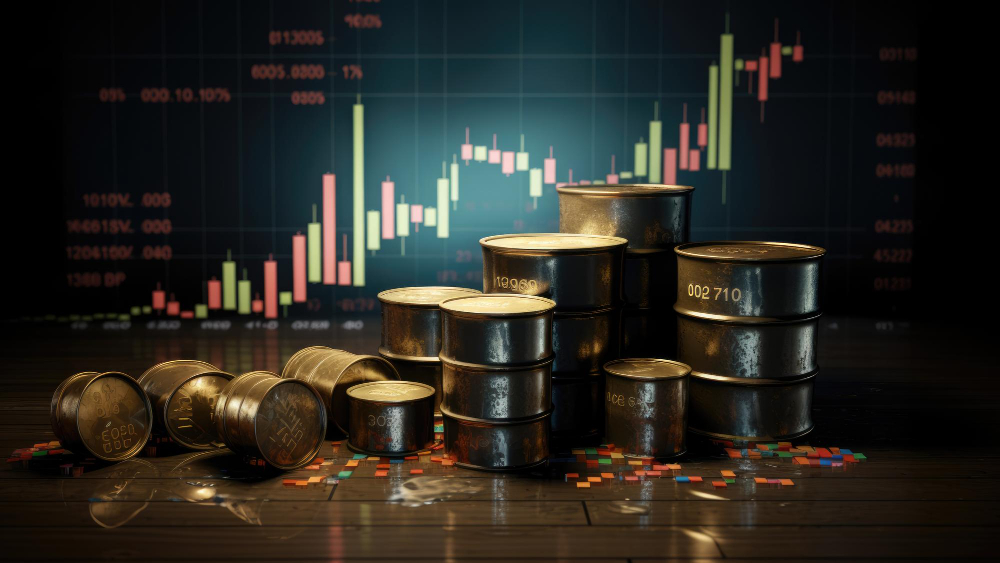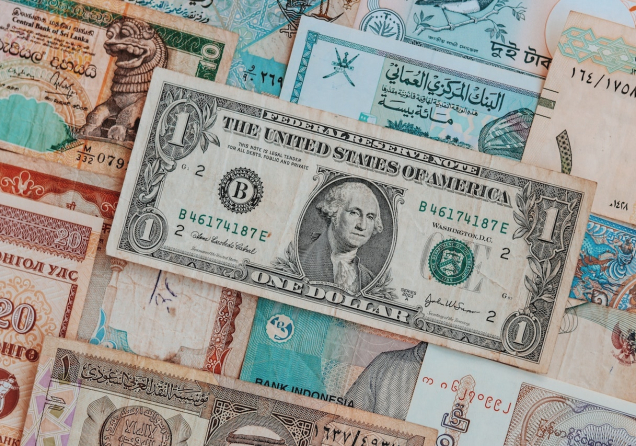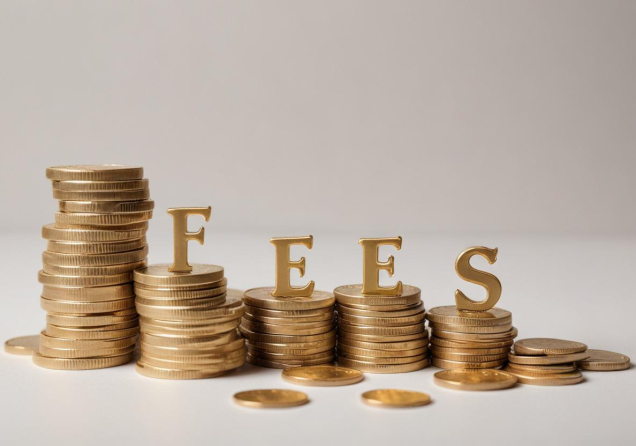Understanding the Impact of Global Events on Forex Markets
Do you know a single geopolitical tweet can swing currency pairs by hundreds of pips? That's how fast the Forex market can react. The Forex market is massive. We're talking over $6.6 trillion traded every day. It’s open 24 hours a day, five days a week, where currencies are constantly being bought and sold around the globe.
For beginners, here's the basic idea: you’re trading one currency against another, trying to profit from how their values change. But what moves those values? Global events. And when something big happens, like a surprise election result, a central bank decision, or a global crisis, the market reacts, sometimes sharply.
What Global Events Move the Forex Market?
Geopolitical Tensions & Wars
Global tension makes traders nervous. And nervous traders move money. Look at the Russia-Ukraine conflict. It caused massive swings in EUR/USD, while safe-haven currencies like USD and CHF surged. When uncertainty rises, people flock to currencies they consider stable. This is one of the clearest examples of how geopolitical events impact Forex.
Central Bank Moves
Central banks have a huge influence. When the Federal Reserve, ECB, or Bank of Japan makes a policy move, especially around interest rates. Forex markets respond. For example, when the Fed hiked interest rates back in 2022, the U.S. dollar took off. Why? Higher interest rates attract investors. So when a major bank tightens or loosens policy, it usually sends shockwaves through currency pairs.
Economic Data Drops
Big data drops, like Non-Farm Payrolls (NFP), inflation numbers (CPI), or GDP growth, can cause instant moves on the charts. Strong data? The currency might jump. Weak data? It could drop. If you’ve ever seen a candle spike right when a report hits, this is why.
Pandemics & Natural Disasters
Think back to 2020. When COVID hit, the market went into panic mode. Riskier currencies like AUD dropped hard, AUD/JPY fell 30%. Meanwhile, traders ran to the U.S. dollar for safety.
These events don’t happen often, but when they do, they can move the entire market.
Elections & Political Drama
Politics can shake things up fast. Brexit in 2016? GBP/USD dropped 1,800 pips in just a few days. U.S. elections also tend to bring volatility to the dollar depending on who’s expected to win and what policies they might push.
Oil Prices & Commodity Currencies
Some currencies move with commodities. For example, if oil prices spike, you might see the Canadian dollar (CAD) climb. If oil crashes, CAD usually dips. The same goes for currencies like the Russian ruble (RUB) or Norwegian krone (NOK).

Trading Around Big Events: What You Need to Know
Let’s talk about strategy. Here’s how smart traders analyze and react when big news hits:
Fundamental analysis: This about knowing what’s going on and why it matters. Watch the news, follow central bank updates, and always know what’s coming up on the economic calendar. Sites like Forex Factory or Investing.com are your best friends here.
Sentiment analysis: which is all about reading the market’s mood. In times of fear, traders flock to the Japanese yen (JPY) or U.S. dollar. When the mood is more optimistic, you’ll see flows into riskier currencies like the Aussie (AUD) or Kiwi (NZD).
Technical analysis: also plays a big role after the news hits. Big events often cause breakouts, watch for support/resistance levels breaking, strong volume, or large candlestick patterns.
Risk management: Volatility can create huge opportunities, but also big losses. Always use a stop-loss, trade smaller during uncertain times, and never overleveraged. It’s better to miss a trade than blow up your account.
Real Events, Real Impact
Let’s talk about what these events actually looked like in the market.
During Brexit (2016), GBP/USD tanked over 1,800 pips in a matter of days. Some traders made massive profits; others got wiped out. When COVID-19 hit in early 2020, AUD/JPY plunged more than 30%. That’s an entire year’s worth of movement in just weeks. Meanwhile, demand for the U.S. dollar surge as investors looked for safety.
These aren’t just historical moments, they're trading case studies. And they show how staying informed can mean the difference between surviving and thriving in the market.
What You Need in Your Toolkit
If you want to stay ahead in the Forex game, you need the right tools in your corner. First up? A good economic calendar. It’s what keeps you from getting blindsided when big news hits. With an economic calendar, you’ll know exactly when reports are dropping so you can plan your trades instead of reacting in panic.
And if you want a sense of how wild the market might get, check out tools like the Average True Range (ATR) or the VIX. They’ll give you a feel for how much movement to expect so you’re not walking into a storm unprepared.. And when it comes to news? Stick with trusted sources. Bloomberg, Reuters, and official central bank sites will keep you grounded. Skip the rumors and hype trade on facts, not noise.
What’s Next for Forex Traders?
Looking forward, the landscape of Forex is evolving fast. AI and bots are changing the game. These days, algorithms can react to breaking news in milliseconds way faster than any human can click a button. So if you’re trading manually, just know you’re not the only one watching the headlines. The market might start moving before you even finish reading them.
CBDCs (Central Bank Digital Currencies) are also on the horizon. These could reshape the way we think about currency value and cross-border transactions, especially if major economies roll them out. Then there’s the growing role of climate policy. As countries move toward renewable energy, currencies tied to fossil fuel exports could see major shifts in long-term value. It’s early days but it’s worth watching.
Final Thoughts
The Forex market is fast, global, and deeply sensitive to what’s happening in the world. From central bank decisions to geopolitical conflicts, the right global event can move currencies in an instant. If you want to succeed in Forex, it’s not just about charts and indicators. It’s about being tuned in understanding how the world works and how markets react. Stay informed. Stay nimble. And always, always trade with a plan.
Top-Tier Trusted Brokers
The table below contains links to 3rd party websites of our top partners from whom we receive compensation at no additional cost to you.


























